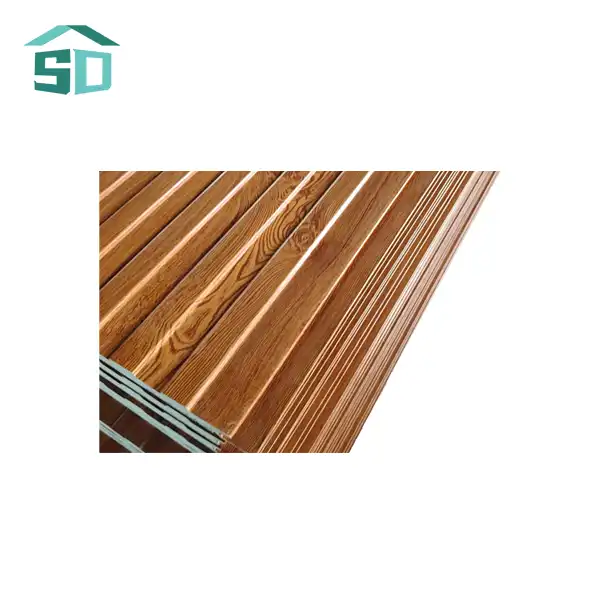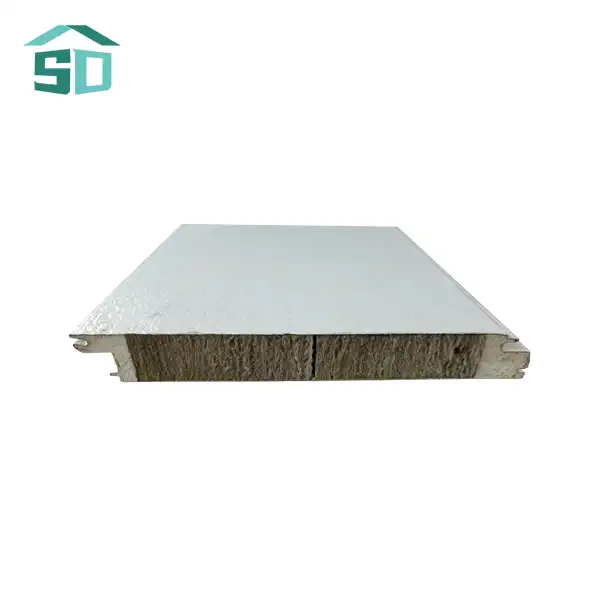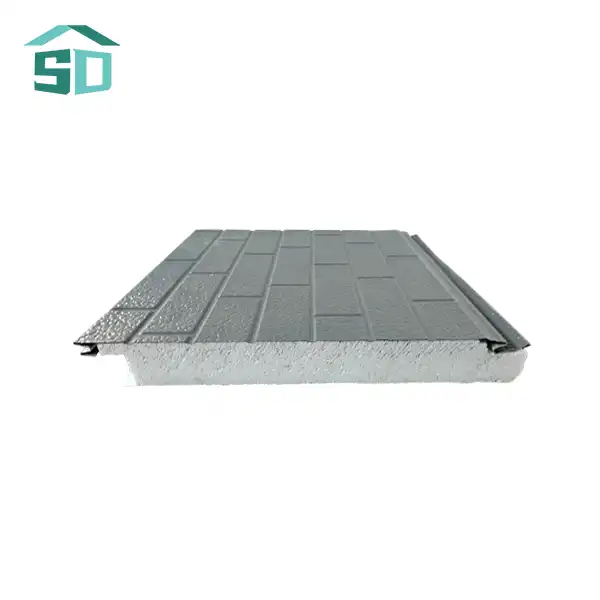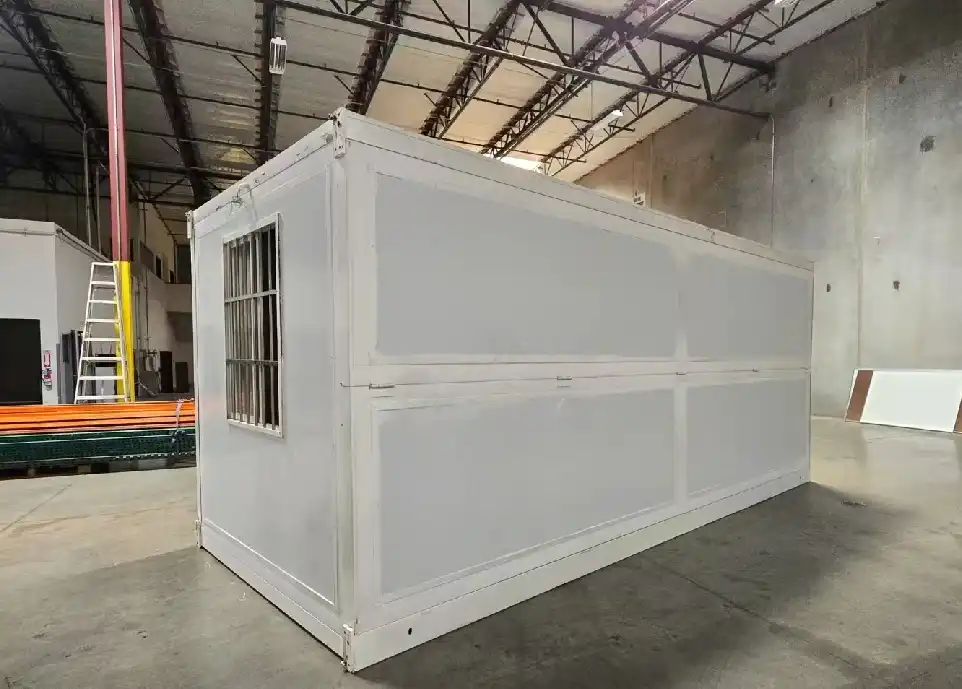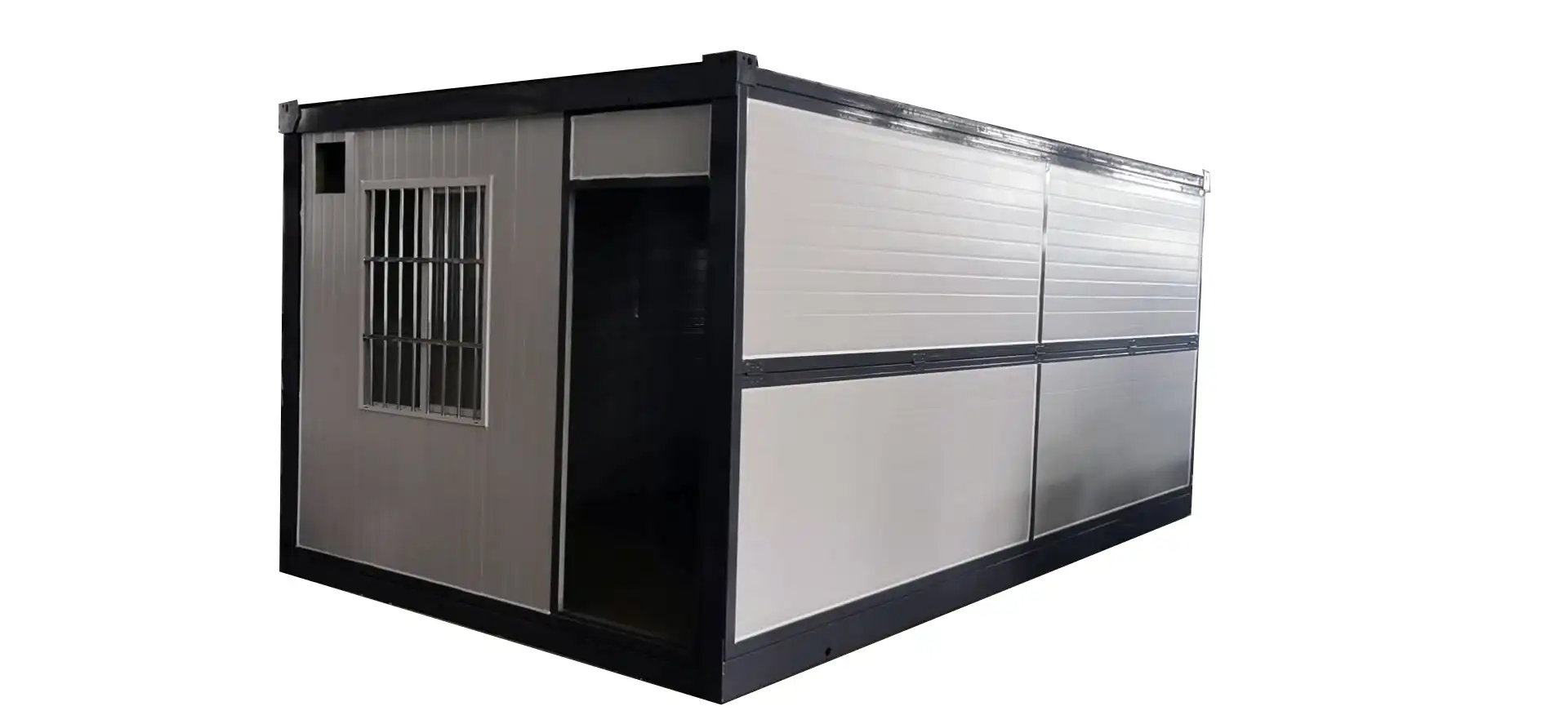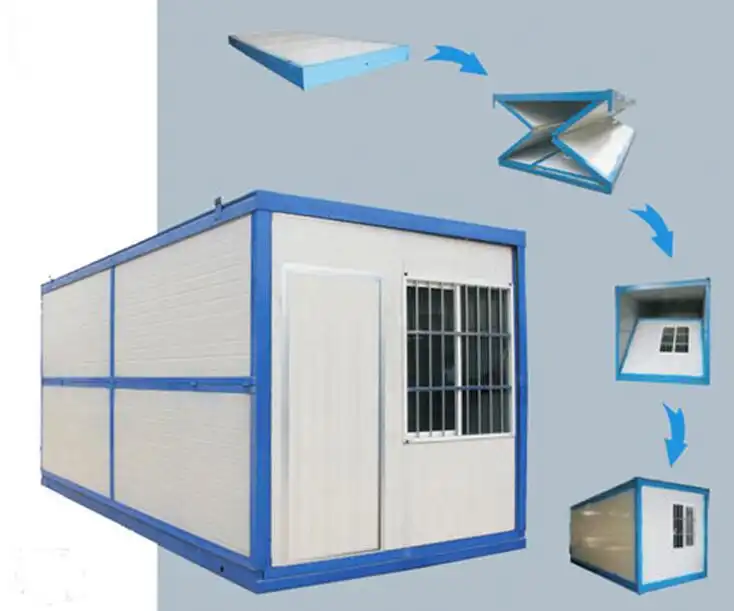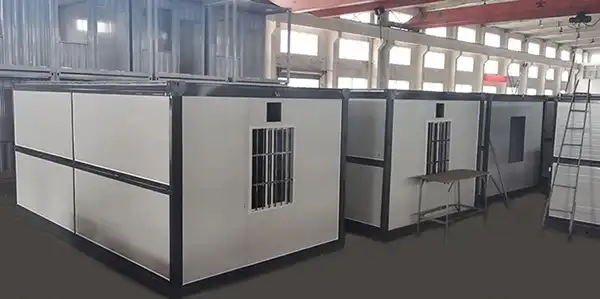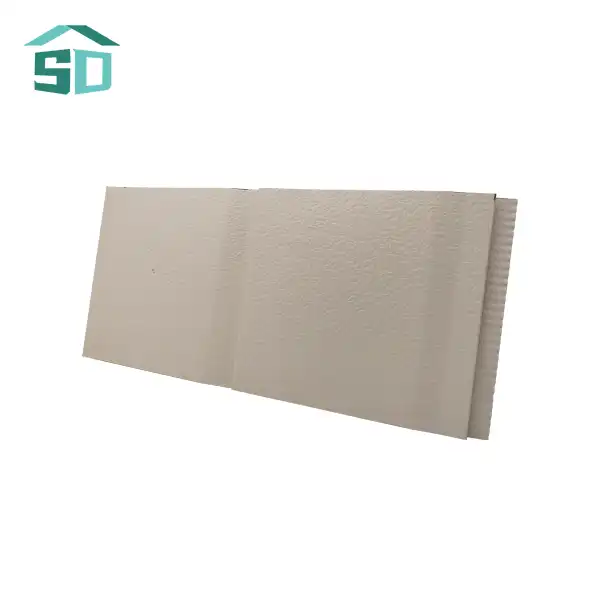The Science Behind PU Insulation Panels: Properties and Performance
PU insulation panels are engineered to deliver exceptional thermal performance and durability. At the core of their effectiveness lies the unique structure of polyurethane foam, which consists of countless tiny cells filled with low-conductivity gas. This cellular composition is the key to the panels' remarkable insulating capabilities.
Thermal Conductivity and R-value
One of the most critical aspects of any insulation material is its thermal conductivity, measured by the K-value. PU insulation panels boast an impressive thermal conductivity of 0.018 W/m.k, significantly lower than many traditional insulation materials. This low conductivity translates to a high R-value, which measures thermal resistance. With a thermal resistance of 2.09 m2k/w, PU insulation panels ensure optimal thermal performance, keeping buildings warmer in winter and cooler in summer.
Moisture Resistance and Durability
PU insulation panels excel in moisture resistance, with a waterproof rate of 0.0008. This exceptional water-repelling property prevents moisture infiltration, which can lead to mold growth and deterioration of building materials. The panels' resistance to weathering, corrosion, and UV damage ensures long-lasting performance, making them a cost-effective choice for both interior and exterior applications.
Fire Safety and Wind Resistance
Safety is paramount in construction, and PU insulation panels don't disappoint. With a fire-protection rating of B1/B2, these panels offer enhanced fire resistance, contributing to overall building safety. Additionally, their wind resistance of 8.0 Kpa makes them suitable for use in areas prone to high winds, adding an extra layer of protection to the building envelope.
Versatility and Applications of PU Insulation Panels
The adaptability of PU insulation panels makes them a go-to solution for various construction projects. From residential complexes to commercial offices, these panels find applications across a wide spectrum of building types.
Interior Applications
For interior use, PU insulation panels are available in 10mm thickness and 450mm width. These dimensions make them perfect for insulating walls, ceilings, and floors in residential and commercial spaces. The panels' noise reduction properties create quieter living and working environments, enhancing overall comfort.
Exterior Applications
Exterior PU insulation panels come in 16mm or 20mm thickness and 383mm width, designed to withstand outdoor conditions. They're ideal for facade insulation, roof insulation, and as part of exterior wall cladding systems. The panels' durability and weather resistance make them suitable for both new construction and renovation projects.
Customization Options
One of the standout features of PU insulation panels is their customizability. Architects and designers can choose from various surface materials with thicknesses ranging from 0.23mm to 0.27mm. This flexibility allows for the creation of unique aesthetic designs while maintaining the panels' insulating properties.
Installation and Maintenance: Maximizing the Benefits of PU Insulation Panels
The effectiveness of PU insulation panels isn't just in their inherent properties but also in their proper installation and maintenance. Understanding these aspects can help maximize the benefits of these innovative building materials.
Installation Process
Installing PU insulation panels is a straightforward process that requires minimal specialized tools. The lightweight design of the panels makes them easy to handle, reducing labor costs and installation time. The general installation process involves:
- Preparation: Ensuring the surface is clean and dry before installation.
- Cutting: Measuring and cutting panels to the desired size if necessary.
- Fixing: Using appropriate fasteners and adhesives as recommended for the specific application.
- Finishing: Sealing joints with compatible sealants to enhance insulation performance.
For optimal results, it's crucial to follow manufacturer guidelines and local building codes during installation.
Maintenance Requirements
One of the advantages of PU insulation panels is their low maintenance requirements. The panels' resistance to moisture, UV radiation, and general wear and tear means they retain their performance characteristics over time with minimal intervention. However, periodic inspections are recommended to check for any damage or potential issues. Regular maintenance not only helps extend the lifespan of the panels but also ensures they continue to provide optimal thermal efficiency and structural integrity for the building.
Long-term Performance and Durability
When properly installed and maintained, PU insulation panels can provide excellent performance for many years. Their resistance to weathering, corrosion, and UV damage ensures long-lasting insulation effectiveness. This durability translates to long-term energy savings and reduced need for replacements, making PU insulation panels a cost-effective choice for building owners. Additionally, their lightweight design simplifies handling and installation, while the panels' high thermal resistance helps maintain indoor comfort by reducing heat transfer. Overall, PU insulation panels offer an ideal balance of efficiency, strength, and economic value.
Conclusion
PU insulation panels represent a significant advancement in building insulation technology. Their superior thermal performance, versatility, and durability make them an excellent choice for a wide range of construction projects. From energy efficiency to fire safety, these panels offer a comprehensive solution to many of the challenges faced in modern construction.
As we continue to prioritize energy efficiency and sustainable building practices, the role of high-performance insulation materials like PU panels becomes increasingly important. By understanding and leveraging the benefits of PU insulation panels, architects, builders, and property owners can create more comfortable, efficient, and resilient buildings.
If you're considering using PU insulation panels for your next project or want to learn more about their applications and benefits, we're here to help. Contact us at info@sdqsc.com for expert advice and solutions tailored to your specific needs. Let's work together to create buildings that are not only beautiful but also energy-efficient and sustainable.
